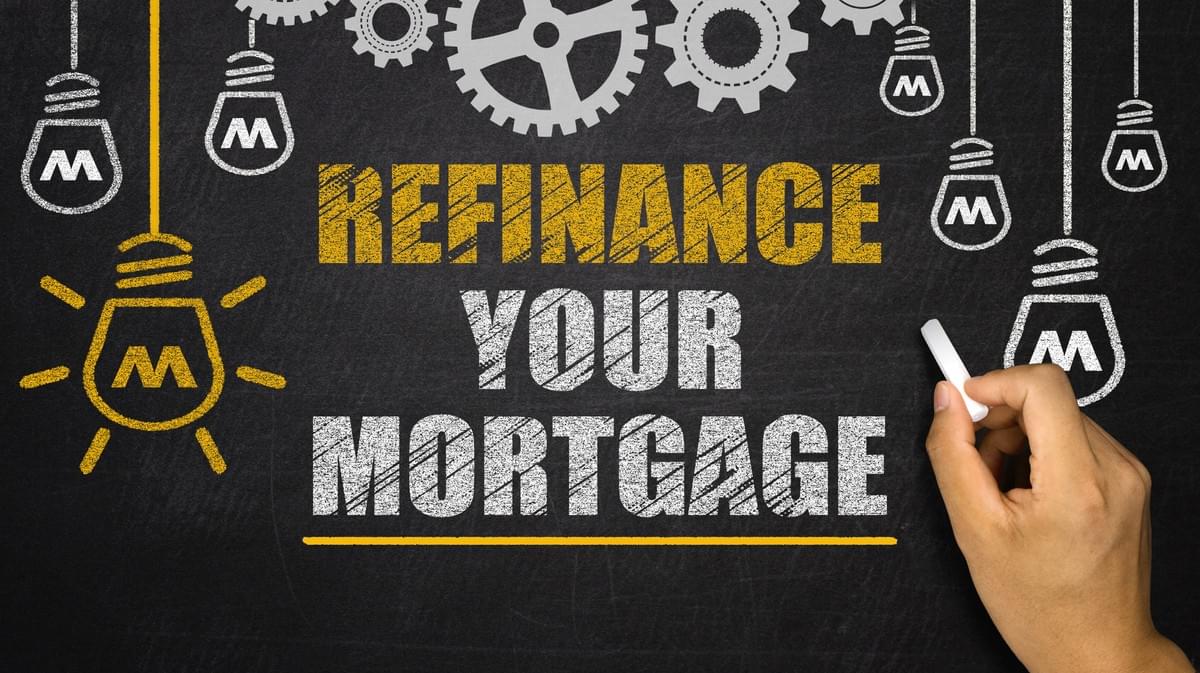
A mortgage loan is a form of secured credit where a lender lends money against property and earns interest income on the money. The lender generally borrows the money from other sources, either by taking deposits or issuing bonds. The cost of borrowing varies depending on the source. Once the mortgage is in place, the lender can sell the mortgage loan to another party. The mortgage loan may be sold for a lump sum or "natural redemption" at the end of the term.
The mortgage application process is generally the same with each avenue, but it's important to know which option is right for you. Different banks offer different interest rates and repayment periods, so it's important to compare the various options to find the best deal for you. Before you apply for a mortgage loan, gather all the required documents. Some of these include proof of identity, address, income, and property-related documents. It is recommended that you request a mortgage loan estimate from three to five lenders. You can grasp some information on Mortgage Rates.
The purpose of the mortgage loan is important to the lender. It helps them determine the level of risk for a given borrower. A borrower who intends to use the money to renovate his or her house would have higher interest rates than a person who plans to use it for vacation purposes. However, if a borrower presents himself as a good candidate, he or she can mitigate the risk and receive the best loan. In addition to knowing what purpose you want to use the mortgage loan for, a lender wants to know what you are planning on using it for.
When applying for a mortgage loan, you should understand what your budget is and what kind of home you want. These constraints will determine the type of mortgage you need and how long it will last. During the application process, a professional appraiser will be hired by the lender to evaluate the value of the home. This appraisal fee is typically part of closing costs. You'll also need to gather all the relevant information from your bank including your name, address, account numbers, and three months of statements, as well as your current debts. If you're a student, be prepared to submit transcripts as well.
Although a conventional mortgage loan is a popular choice among buyers, there are some things to consider before you commit to one. In addition to your monthly payments, you may have to pay a monthly fee for private mortgage insurance. This adds to your payments, but it can also give you the peace of mind to move sooner. And don't forget about the escrow account. If you don't have enough money for a down payment, it's probably best to go with a government-backed mortgage if you can.
A mortgage loan is a legal contract between you and your lender. The lender provides you with money to buy real estate, and you agree to repay it, plus interest. In case of default, your lender can take your home and sell it to recoup its losses. So, don't go over your budget too much. You should choose a price and monthly mortgage payment that you can afford. Make sure that you have enough room for other financial goals after you have paid off the loan. . For further information, check out this reference post: https://en.wikipedia.org/wiki/Remortgage.